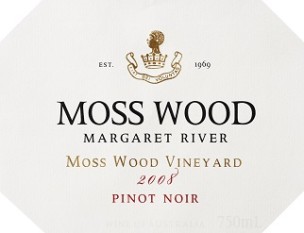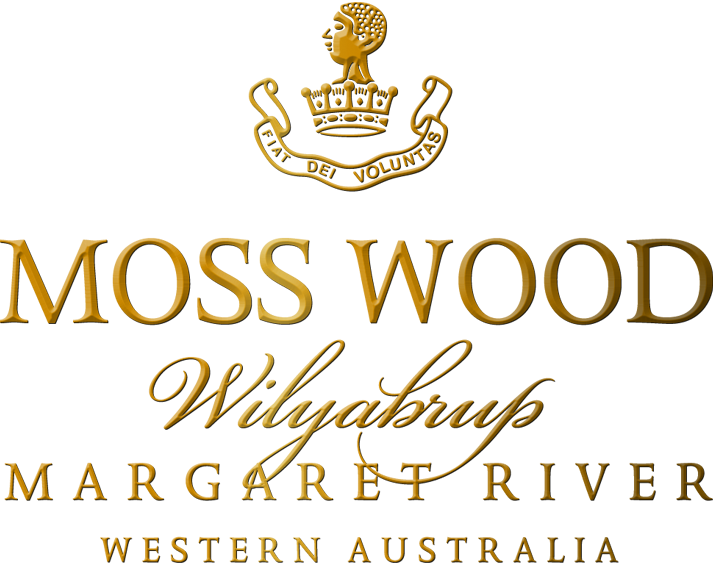Moss Wood 2008 Pinot Noir

Wine Facts
| Harvested: | 25/2/2008 |
| Bottled: | 21/12/2009 |
| Released: | 21/3/2011 |
| Yield: | 4.22 t/ha |
| Baume: | 13.70 |
| Alcohol: | 13.50% |
| Vintage Rating: | 9/10 |
SOLD OUT
Tasting Notes
Colour and condition: Deep ruby hue, in bright condition.
Nose: Lifted aromas of tar,spice, cherries and red jubes. The oak notes integrate seamlessly with the fruit characters.
Palate: A fruit bomb of rich and integrated flavours of cherry, spice, charry oak and silky finesse on the finish. The flavours pop and linger in the mouth long after the wine has left it.
Vintage Notes
During the summer of 2008 Wilyabrup experienced good, slightly above average warmth during January and early February, which was immediately followed by a quick cool change. This beautiful warm weather provided almost the perfect finish to the season for the Pinot Noir. The average temperatures for February nights were the lowest they had been for all but one year of the previous decade, which we assume was a big contributing factor to the real prettiness we can see in this year’s wine. Pinot Noir ran quickly through its early ripening period and then lazily sauntered to full flavour ripeness two days later than its long time average harvest date.see in this year’s wine. Pinot Noir ran quickly through its early ripening period and then lazily sauntered to full flavour ripeness two days later than its long time average harvest date.
Production Notes
Median harvest date:
25th Feb 2008
Once in the winery production technique followed what is now considered traditional for Pinot Noir at Moss Wood. The fruit was destemmed into small, open fermenters and the juice was pumped over and chilled down to 5°C. The cold soaking continued for 3 days and then each batch was inoculated with pure yeast culture. Fermentation was allowed to proceed at warm temperatures, with the maximum set at 32°C and each tank was hand plunged up to 4 times per day. After the wines reached dryness, each batch was tasted daily until tannin balance was achieved and skin contact time varied between batches, from 14 to 17 days. They were pressed and racked to stainless steel tanks. The wine was allowed to settle and was then racked off gross lees into oak barrels, where it underwent malolactic fermentation. All the oak was French and 40% of the barrels were new. After the secondary fermentation was completed each batch was combined into the finished blend which was then returned to barrel, where it stayed until November 2009, giving it a total of 20 months in cask. It was then racked from barrel and fining trails were carried out. This is done as a matter of routine with each vintage, regardless of whether we have concerns about the wine’s taste. Sometimes the fining agents can produce positive, if unexpected, effects but with the 2008 there were no improvements, so the wine remained unfined. It was then sterile filtered and bottled on the 21st Dec 2009.
Cellaring Notes
With its concentrated fruit flavours and good composition, this wine is a serious candidate for ageing. We expect it to take at least 5 years to begin to show its bottle age characters, so recommend it be cellared for at least 10 years, by which time it should develop complex earth and mushroom notes. The wine should live for much longer than this and we use as an example a bottle of the 1983 vintage, recently tasted at a staff function. We’re pleased to report it had survived to 28 years of age without any trouble at all and and was in excellent condition.
